About the author
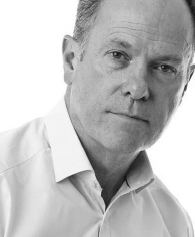
Geoff Coughlin co-founded Emphasis on Skills Ltd in 1995 and is known for his specialist work in cognitive interviewing memory recall techniques that obtain much more accurate and uncontaminated facts from witnesses. He has trained lawyers in 20 of the 25 largest law firms in the UK. High-profile work includes training litigators to take witness statements for Eversheds in the Bloody Sunday and Shipman Inquiries.
Geoff also works with lawyers and firms to help develop the essential range of communication skills needed in their practice. Interestingly, Geoff was previously a trainer at the Metropolitan Police Training College, Hendon, and had many years experience as an operational police officer and manager with the Met.
Geoff enjoys family life, writing, and photography when he is not working.
Professional qualifications:
 Chartered Member of Institute of Personnel and Development
Chartered Member of Institute of Personnel and Development
 Fellow of Institute of Training and Occupational Learning
Fellow of Institute of Training and Occupational Learning
 Diploma in Education Management, University of Greenwich 1996
Diploma in Education Management, University of Greenwich 1996
 Certificate in Education [Post Compulsory Education and Training], University of Greenwich, 1993
Certificate in Education [Post Compulsory Education and Training], University of Greenwich, 1993
Chapter 1:
Common issues when interviewing witnesses and the need for the CI approach
This chapter covers:
 Witness behaviour Why witnesses can be reticent and appear unhelpful, failing to engage with the process;
Witness behaviour Why witnesses can be reticent and appear unhelpful, failing to engage with the process;
 How external events are filtered, distorted, and deleted by the brain;
How external events are filtered, distorted, and deleted by the brain;
 Common mistakes and errors made by lawyers interviewing witnesses;
Common mistakes and errors made by lawyers interviewing witnesses;
 Insuring against failure and frustration; and
Insuring against failure and frustration; and
 The need for a different approach The cognitive interview.
The need for a different approach The cognitive interview.
Why witnesses behave the way they do
I could probably write a whole book on this subject, just like I suspect many of you could too based on your own experiences! Lets start by looking at some of the problems interviewers encounter Im sure that you will recognise some of these, which are taken from my own experiences of witness interviewing. Your witness:
 Goes off track and doesnt answer your question, leaving you frustrated;
Goes off track and doesnt answer your question, leaving you frustrated;
 Doesnt look at you when they answer a question, making you feel that they are being evasive;
Doesnt look at you when they answer a question, making you feel that they are being evasive;
 Give answers that are short and lack detail;
Give answers that are short and lack detail;
 Gets distracted, looking at their watch or phone;
Gets distracted, looking at their watch or phone;
 Keeps going back to the same old point and issue thats not relevant to your questions; or
Keeps going back to the same old point and issue thats not relevant to your questions; or
 Says something like: Youre asking me to remember what happened 14 months ago I cant even remember what I did last week!
Says something like: Youre asking me to remember what happened 14 months ago I cant even remember what I did last week!
You are left with a feeling that there is more they could tell you, but they have not said it.
The brain has so much to offer us as humans in so many ways that it is almost impossible to calculate its worth. However, when it comes to memory and accurate memory recall, we encounter problems. Quite simply, it takes considerable concentration for a witness to stay focused and engaged in answering your questions; after all, whats in it for them mentally or otherwise?
A whole battery of issues are at play here given your context and the issues surrounding your witness, and the fact that they are now being questioned about an event, or events, that frequently happened many months, or even years, ago. Here are a few of the key questions and issues about witnesses we as interviewers have to consider:
 How interested in it are they?
How interested in it are they?
 What relevance do your questions have for them?
What relevance do your questions have for them?
 They have their own agenda issues, thoughts, emotions, views, and ideas that they want to get across and they want heard.
They have their own agenda issues, thoughts, emotions, views, and ideas that they want to get across and they want heard.
 Its very hard work to concentrate for more than a few minutes without getting distracted.
Its very hard work to concentrate for more than a few minutes without getting distracted.
 They are worried about the consequences of telling all that they know.
They are worried about the consequences of telling all that they know.
 They have not built a rapport with you and are unwilling or unprepared to disclose what they know because trust is not established yet.
They have not built a rapport with you and are unwilling or unprepared to disclose what they know because trust is not established yet.
 They are convinced that they have a bad memory and are not willing to challenge that thinking.
They are convinced that they have a bad memory and are not willing to challenge that thinking.
 The events happened so long ago that they couldnt possibly remember them.
The events happened so long ago that they couldnt possibly remember them.
 Others have placed pressure on them not to disclose the truth.
Others have placed pressure on them not to disclose the truth.
 Their brain says, well I know this fact and that fact, then this must have happened yes, thats what happened. This is a classic and frequent problem that interviewers face, a witness constructing essentially filling in the gaps and there may be no intent to deceive you at all often, quite the contrary.
Their brain says, well I know this fact and that fact, then this must have happened yes, thats what happened. This is a classic and frequent problem that interviewers face, a witness constructing essentially filling in the gaps and there may be no intent to deceive you at all often, quite the contrary.
Remembering and constructing
The brain finds it much easier to fill in the gaps, to construct a narrative, than to try hard to concentrate and remember accurately what happened what a witness really experienced. The problems are clear for interviewers we accept their recollections and create draft statements containing superficial detail and thin on accurate facts, with all the limitations that that is likely to bring to the case or matter you are dealing with.
Now take a look at the diagram in Figure 1 that illustrates a typical witness interview. You can see that it shows a timeline for the interview that may be anything from a few seconds to hours or multiple events over a long period. Events here could of course be anything from a phone call, meeting, and contract discussion, through to action or inactivity on the bridge of a ship by the ships master, or a nurse failing to provide appropriate care consistent with a care plan relating to an expectant mother in a delivery centre.
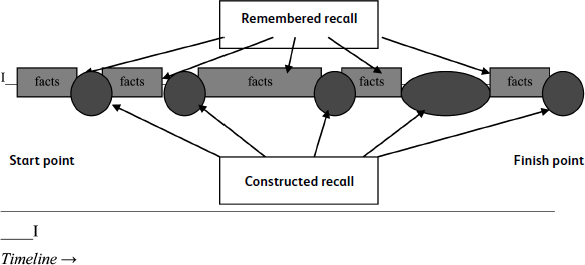
Figure 1: A typical witness interview
Next page
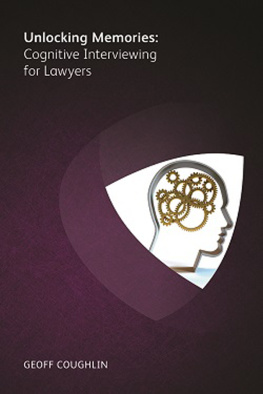
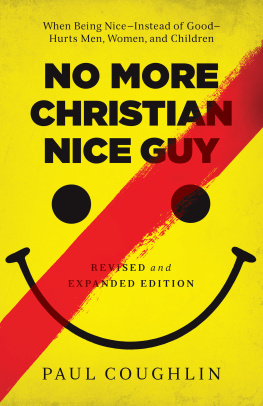
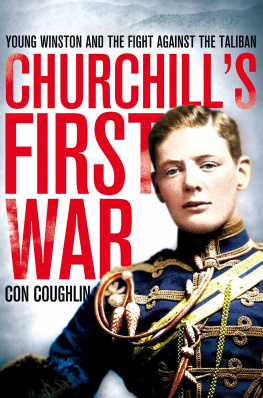
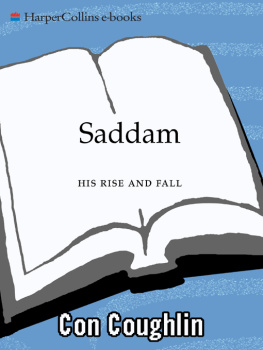

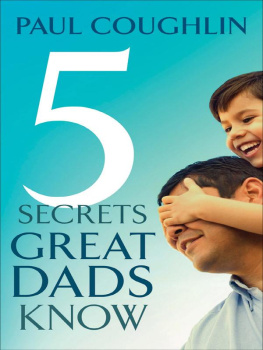


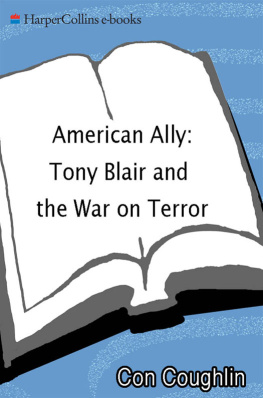
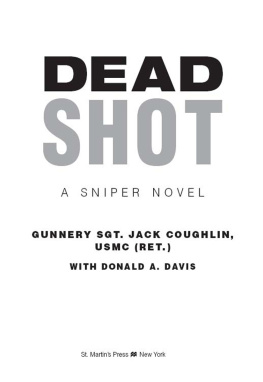

 Chartered Member of Institute of Personnel and Development
Chartered Member of Institute of Personnel and Development Witness behaviour Why witnesses can be reticent and appear unhelpful, failing to engage with the process;
Witness behaviour Why witnesses can be reticent and appear unhelpful, failing to engage with the process;